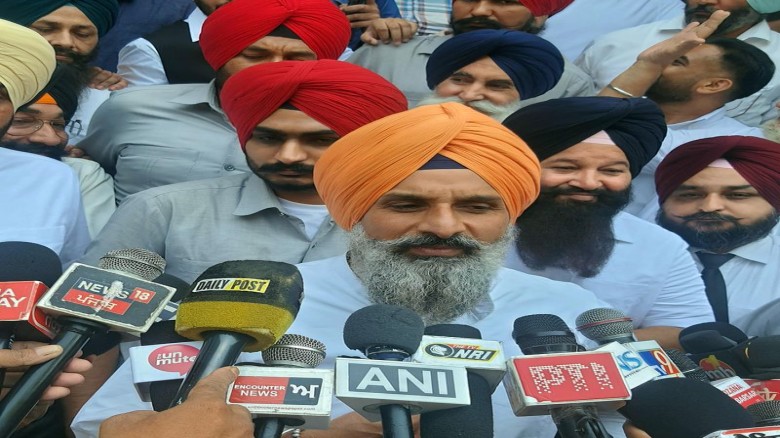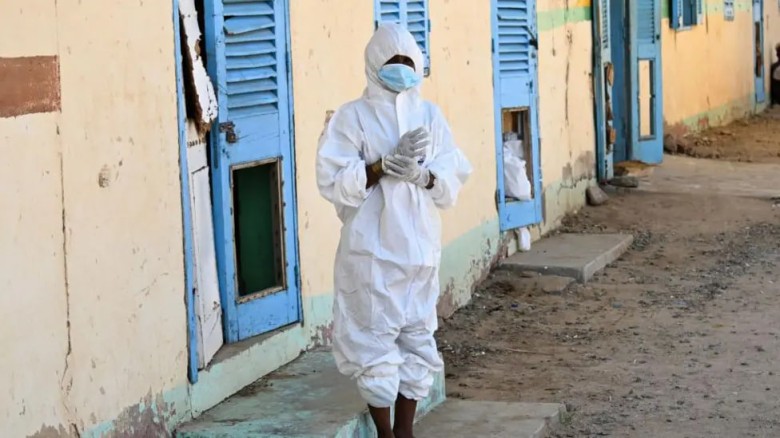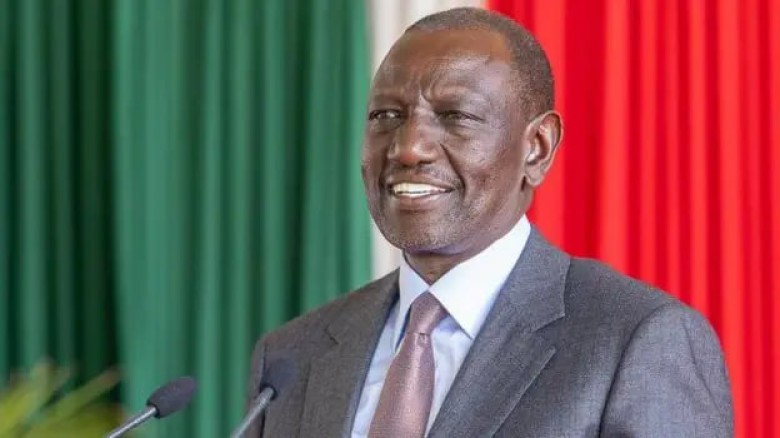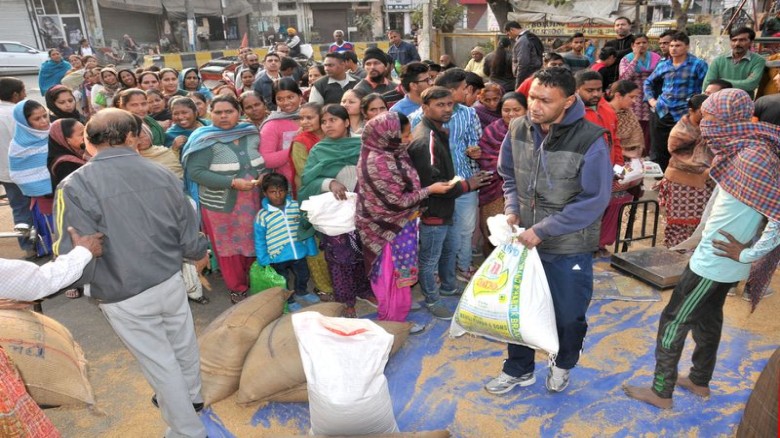Over 33 Lakh NFSA Beneficiaries in Punjab Face Disqualification Over eKYC Non-Compliance
Over 33 lakh beneficiaries under the National Food Security Act (NFSA) in Punjab are likely to be disqualified from receiving free wheat from July onwards, as they have failed to complete their eKYC (electronic Know Your Customer) authentication by the Centre-mandated May 31 deadline.
The eKYC process, which involves linking Aadhaar and biometric data to ration cards, is part of the Central Government's drive to eliminate ineligible beneficiaries and ensure that free food grain reaches only genuine recipients. Under the Pradhan Mantri Garib Kalyan Anna Yojana, beneficiaries are entitled to free wheat, but only after successful eKYC verification.
At a state-level meeting of all District Food and Supplies Controllers held on May 20, officials were directed to ensure that the July–September wheat distribution is limited to households where the head of the family has completed eKYC. They were also instructed to remove names of deceased beneficiaries from the lists.
A senior official from the Food and Supplies Department told The Tribune that the eKYC process is in full swing. So far, 1.25 crore beneficiaries out of 1.59 crore have completed authentication—roughly 78.90%. An additional 11,952 verifications are in progress.
“We want to ensure that only eligible beneficiaries get the free ration. Sufficient time was provided for eKYC completion at over 2,000 ration depots equipped with ePOS machines,” the official said.
This development follows a 2022 state government directive for physical verification of NFSA beneficiaries. That exercise had revealed that lakhs of listed recipients were ineligible, but it also triggered political and social backlash. Many individuals were marked ineligible simply because they were not at home during the verification drive. To avoid similar controversies, the state later decided to use eKYC authentication as the definitive benchmark for determining eligibility.
Unless the deadline is extended or special provisions are made, millions of families could lose access to subsidized food grains starting next month—raising concerns about the immediate impact on vulnerable populations.









































































Leave A Comment